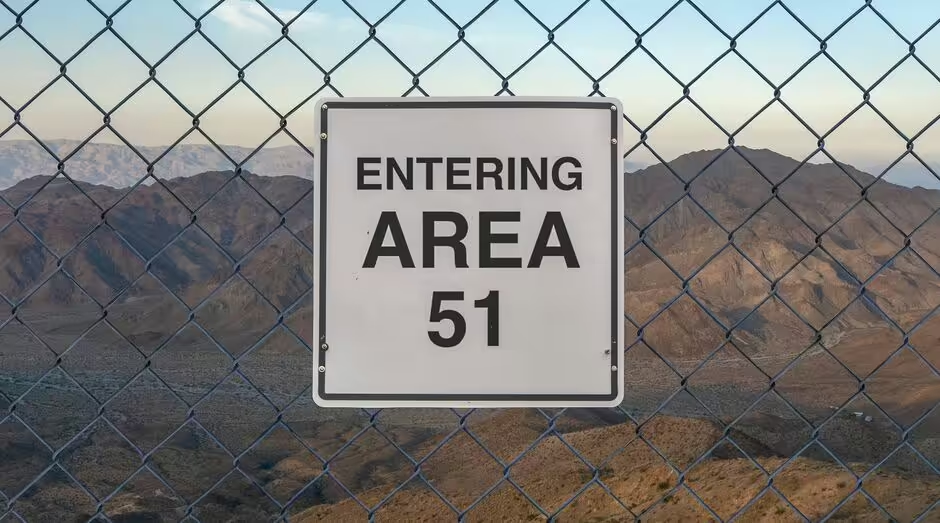Are you considering voluntary repossession for a financial challenge? If yes, then it is important to understand it well before considering this option. Voluntary repossession is an important aspect of personal finance management that requires careful consideration and strategic decision-making.
Right decisions can help you make informed decisions that align with your financial goals. Whether you are new to the concept of voluntary repossession or already have clarity on the process, learning more can help you make the right call for the financial aspect of your life.
Here is all you must know about voluntary repossession.
Assess your Financial Situation
If you are struggling to keep up with your car loan payments, voluntary repossession can make things a lot easier. However, it is important to consider all your options carefully before taking this step. Lantern by SoFi also recommends exhausting your options, such as refinancing your loan or privately selling the vehicle.
If you are concerned about your credit score, remember that voluntary repossession can have a negative impact on it. You may also face challenges in obtaining credit in the future. Hence, it is best to choose this option only when it is absolutely necessary.
Communicate with Your Lender
If you are considering voluntary repossession of an item, you are bound to inform your lender about the decision you have made. They can also guide you on how to proceed with the process and cut down on many worries along the way.
You can ask them all you need to know about voluntary repossession and how long you have to settle the outstanding debts. This way, you can be sure that you are fulfilling your obligations as a borrower and staying in line with the guidelines of voluntary repossession.
Prepare Your Vehicle
When you finally reach the stage of returning your vehicle to the lender, make sure you thoroughly clean out all your personal belongings, such as sunglasses, trash, and personal documents. Once you have removed everything, make sure it is in good shape and all problems have been addressed beforehand.
You may also have to drop off the car at a specific location or the lender’s office. You can confirm the specifics of this process with your lender to avoid any problems in the process.
Understand the Consequences
Many people only keep their eyes on the positive aspects of voluntary repossession and often forget to consider its consequences. Voluntary repossession can have a negative impact on your credit score, even if it is less severe than an involuntary repossession.
Try to negotiate with your lender regarding the outstanding balance on your loan. Even if the negotiation yields a positive outcome, the lender may still report the repossession to the credit bureaus, which can negatively affect your credit score.
Make sure to carefully consider all of your options and their potential impact on your credit score beforehand before making this call. It is best to discuss the specifics with a financial advisor to avoid any unpleasant surprises.







